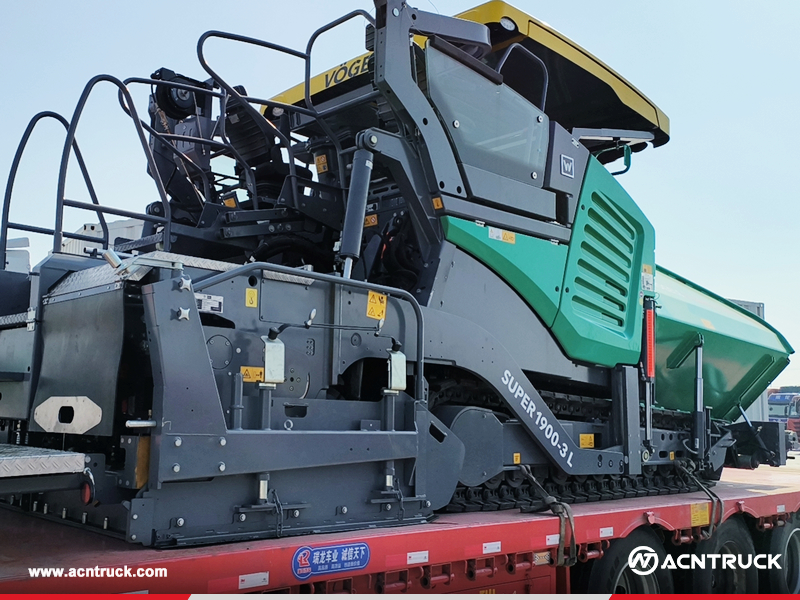The construction industry accounts for a large number of yearly work-related fatalities. There are ways to prevent this by following protocol and knowing the heavy equipment you are working with. In 2021, the construction industry reported the highest number of fatal work injuries in the private sector—many of which resulted from preventable accidents. The key to preventing these accidents is knowing how to operate heavy equipment and following safety protocols at all times on the job. Take a look at this guide to better understand what causes workplace accidents and how to prevent them.

Machine guards are placed over potentially hazardous components of heavy machinery to prevent workers from getting injured. Some heavy equipment operators don’t know how to properly check the guards, while others remove them to eliminate any project slowdowns. Unfortunately, both of these scenarios put workers at greater risk of sustaining injuries on the job. You should always place guards on heavy machinery and know how to ensure they’re working properly to minimize workplace injuries.
2. Getting Crushed or Run Over
Machinery used on construction sites is large, heavy, and extremely powerful. When equipment malfunctions or is used improperly, mistakes are more likely to occur—like workers getting crushed or run over by it. That’s just one reason why proper training and constant awareness of your surroundings are essential to ensuring workplace safety in the industry.
3. Involvement in Equipment Transport Accidents
Heavy equipment must be moved between locations at the beginning and end of a construction project. Accidents can occur in transit due to factors like unsecured equipment, reckless driving, and poor weather conditions. You must ensure the equipment is well-balanced on the trailer bed and adequately strapped down. Know your route ahead of time, and avoid narrow and windy roads, tall bridges, and short underpasses at all costs.
4. Not Knowing the Risks Associated With Heavy Machinery
It’s no secret that heavy machinery poses inherent risks to construction workers. Many contractors don’t have comprehensive risk assessment and prevention programs in place, which puts workers at greater risk of causing accidents and sustaining injuries on the job. While you can’t avoid these risks completely, you should take all available steps to minimize them. That starts with putting the proper systems in place to educate heavy equipment operators about the risks associated with the heavy machinery they’ll use.
5. Using Equipment Without Proper Training
Operating heavy machinery without proper training is the worst thing you could do as a heavy equipment operator. If you don’t know how to handle the equipment you’re using, you risk damaging equipment and harming yourself and fellow workers. Training requirements vary by state, so pay attention to job descriptions when applying for positions as a heavy equipment operator. The moment you step foot on a piece of heavy machinery, you bear responsibility for the safety of everyone involved in the construction project.